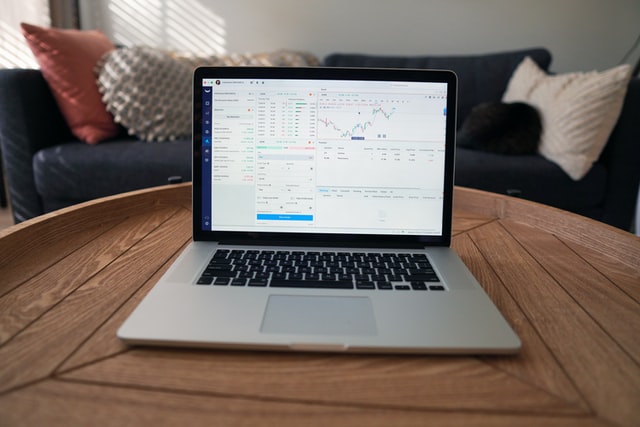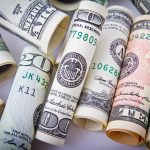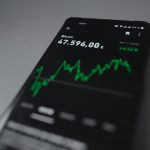If you struggle to understand forex CFDs, you should check out other traders’ frequent worries and their updated answers. It will be comfortable to decide if forex CFD trading suits you after reading this article. Read on to find out more below.
1. What Happens When You Trade Forex CFDs?
When you trade forex Contracts for Difference, you earn on speculation. You can go long or short. Going long means predicting the current prices will rise. On the other hand, going short means forecasting that the current prices will fall. You pay less amount for a lot. For instance, you can trade a $100 000 lot by paying $1000. The leverage (of 1:100) enables you to earn or lose more than your account deposit.
2. Do Forex CFD Traders Make Money?
Most forex CFD traders make money. You, too, can earn a living by investing in forex CFD trading. All you do is sharpen your CFD trading skills. It would help to build a deep understanding of the forex market.
For example, you should understand how the political, social, and economic factors affect the price. After grasping a solid understanding of the forces moving the forex market, it would help to perfect your risk management, technical analysis, and discipline to realize a decent income from the venture.
3. Can You Get in Trouble for Trading CFDs?
Most countries let you enjoy margin trading. You can utilize forex CFD leverage in most countries except few places, such as the United States of America and Brazil. Such countries have advanced trading regulations that the CFD market lacks. The countries need you to trade regulated instruments like stocks and futures.
4. Is CFD a Gamble?
Analytically, CFD is not a gamble. In a typical gambling environment, your winning probability lies in 100% luck. For instance, fate decides if the head or tail will face upwards during a toss.
As the Australian Tax Office states, “CFD trading requires a high degree of skill than mere luck or chance and therefore is not comparable to gambling.” Winning from forex CFD trading demands an above-average understanding of the forces moving the forex market. Besides, it would be best to sharpen your technical analysis prowess to gaining from forex CFDs.
5. Why Do CFD Traders Lose Money?
CFD trading can be complicated if you have insufficient experience in forex trading. For example, it is easier to lose money if you lack the technical skills and the experience to judge the viability of a forex currency pair.
6. Can You Day Trade for a Living?
Yes, you can day trade for a living. Like any career, CFD day trading gives you the freedom to be your boss in your business. The core challenge is that the loss has a direct impact on your income.
For example, you can make thousands of dollars trading forex CFDs today and loss a chunk of the earnings the following day. That is why you should hone your analytical finance skills to generate reliable income from day trading.
7. How Much Can You Earn from Forex CFD?
Your forex CFD earning depends on your account size. You can earn an average of $20 000 per year when you risk $1000. Likewise, most traders who deposit $5000 earn an average of $100 000 annually.
8. Is Forex Trading a CFD?
Technically, forex trading is not a CFD. Forex trading is confined to the currency market. A CFD, by contrast, entails several asset types like commodities, indices, forex, treasury bonds, and shares.
9. Is Forex CFD Trading Good for Beginners?
Although CFDs can be extremely risky, a beginner can successfully trade forex CFDs. It is advisable to grasp risk management skills before venturing into forex CFDs.
Conclusion
The forex CFD FAQs are: What happens when you trade forex CFDs? Do forex CFD traders make money? Can you get in trouble for trading CFDs? Is CFD a gamble? Why do CFD traders lose money?
Can you day trade for a living? How much can you earn from forex CFD? Is forex trading a CFD? Is forex CFD trading good for beginners? You are now empowered to make better decisions before venturing into forex CFDs.






